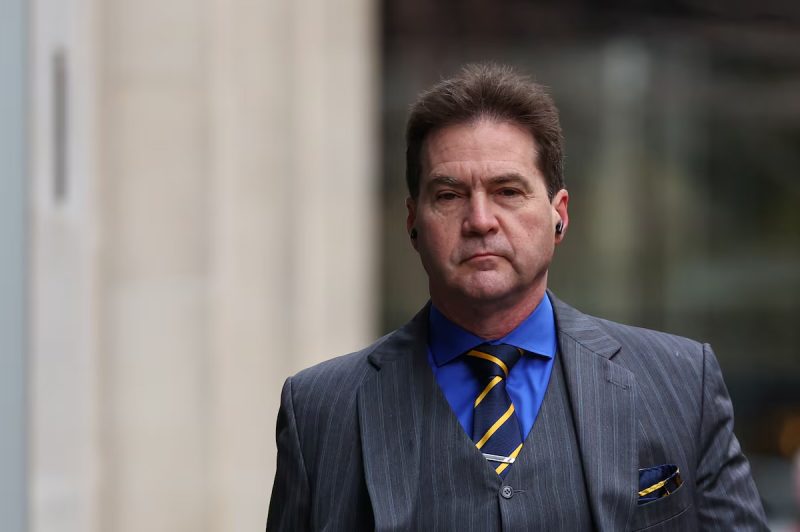In a significant legal development, a UK judge has imposed a worldwide freezing order on £6 million ($7.6 million) of Craig Wright’s assets, following a court decision that debunked his claim of being Satoshi Nakamoto, the pseudonymous creator of Bitcoin. This decisive action by Judge James Mellor was taken to prevent Wright from potentially moving his assets offshore, thereby evading the costs associated with the court case initiated by the Crypto Open Patent Alliance (COPA).
Court Verdict Challenges Wright’s Claims
The legal battle reached a pivotal moment on March 14, when Judge Mellor ruled against Wright’s assertions of having authored the Bitcoin white paper and the initial versions of the Bitcoin software. This ruling not only challenged Wright’s long-standing claim to the identity of Satoshi Nakamoto but also highlighted concerns regarding his financial dealings. Following the court’s decision, Wright reported to Companies House, the UK’s register of companies, that shares in his company, RCJBR Holding, had been transferred to DeMorgan, a Singapore-based firm, raising alarms about possible asset relocation.
Legal Costs and Risk of Asset Dissipation
COPA’s legal expenses, amounting to approximately £6.7 million, underscore the substantial financial stakes involved in the lawsuit. Judge Mellor’s judgment detailed concerns over Wright’s potential to evade the financial implications of his trial defeat, citing his history of defaulting on payment orders as a contributing factor to the risk of asset dissipation. The court’s intervention through the asset freeze aims to safeguard the possibility of collecting these costs, reflecting the seriousness of the legal findings against Wright.
A High-Profile Legal Saga
The legal confrontation between Wright and COPA has captured widespread attention, delving into the complex narratives surrounding the origins of Bitcoin and the identity of its creator. This case not only reflects the ongoing debates within the cryptocurrency community but also highlights the legal challenges that can arise when claims to such a pivotal identity are contested. As the saga continues, the freezing of Wright’s assets marks a critical juncture in the broader discourse on the legitimacy of claims to the Nakamoto legacy.
